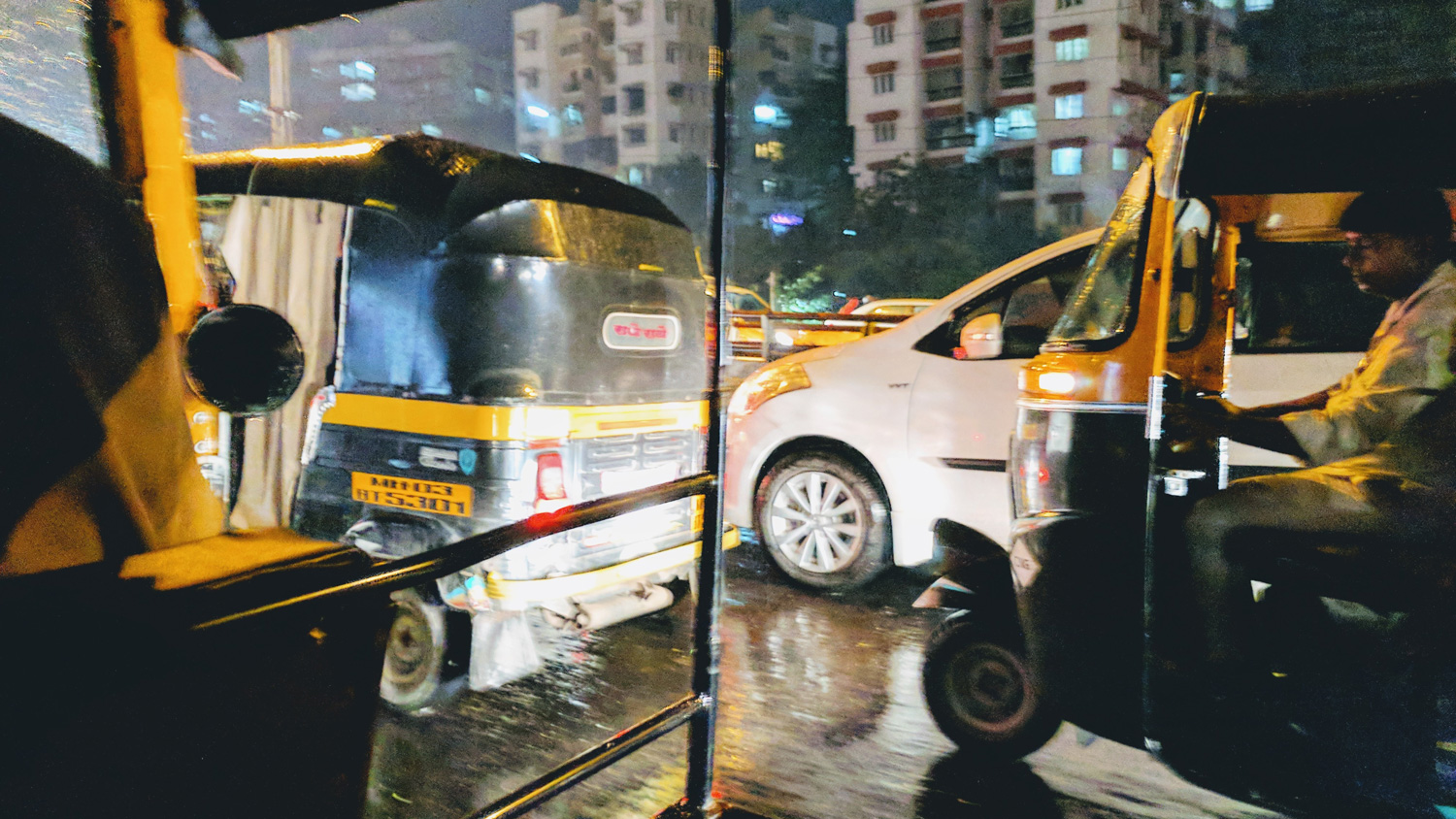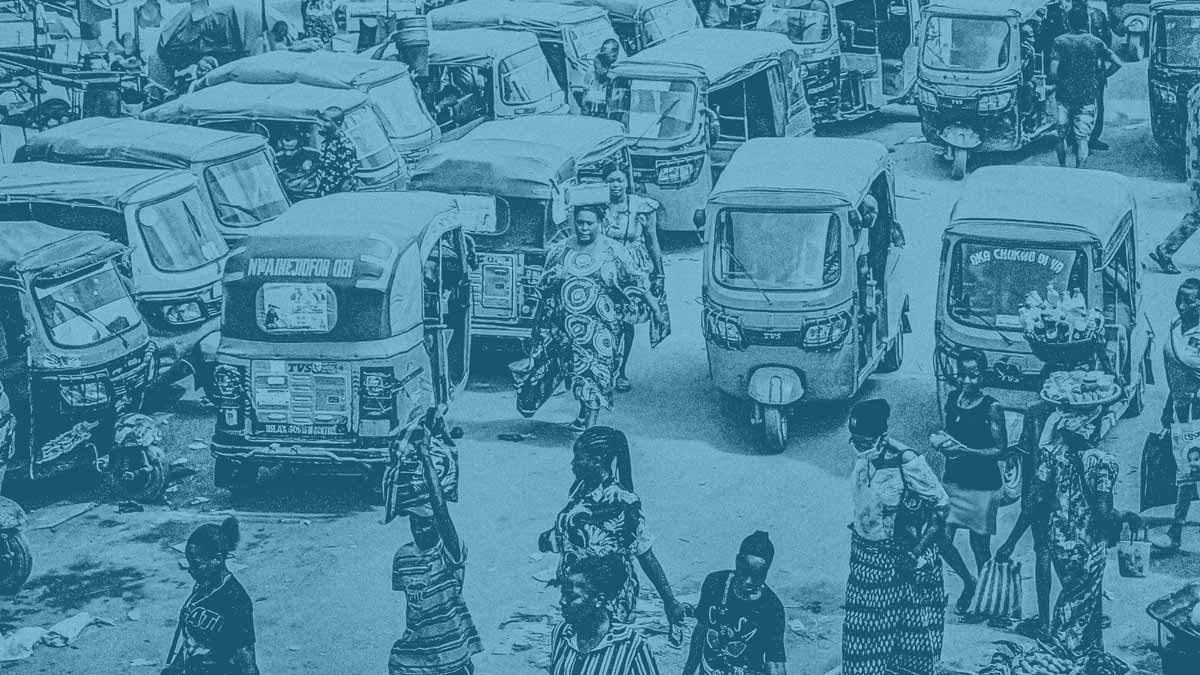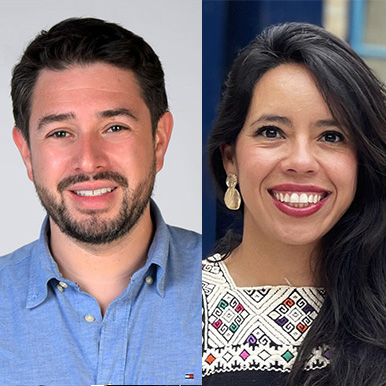
ISM
Informal and Shared Mobility in Low and Middle Income CountriesWith its Informal and Shared Mobility program, VREF seeks to contribute to strengthening equity and sustainability in urban transport by supporting research that creates new knowledge among both scholars and various stakeholders who govern, design and/or develop informal and shared mobility.
In summary, the program is characterized by:
- a geographical focus on LMICs
- comparative studies between different urban contexts
- collaboration and exchange among researchers in Low- and Middle-Income Countries (LMICs) as well as in High- Income countries (HICs)
- interdisciplinary approaches to knowledge building, education and learning
Scientific profile
The scientific profile of the program is built around three thematic areas: Impact – Governance – Integration.
To facilitate sharing of knowledge and foster communities of learning, VREF organizes various activities for researchers and others interested in Informal and Shared Mobility, such as online Research Forums and in-person research workshops. Additionally, VREF has produced a number of special studies and think pieces to contribute to the international scientific discourse on Informal and Shared Mobility in Low- and Middle Income Countries.



